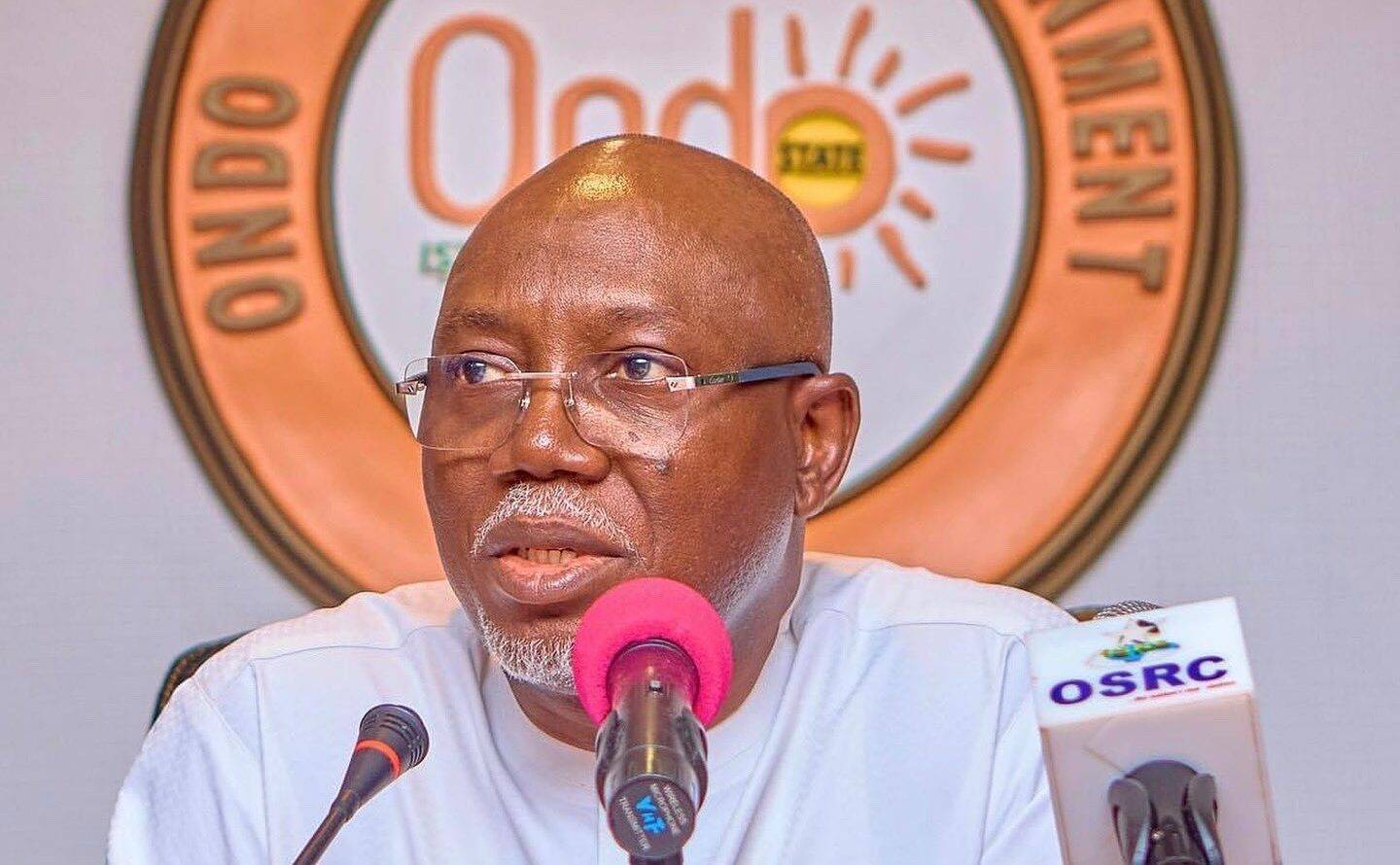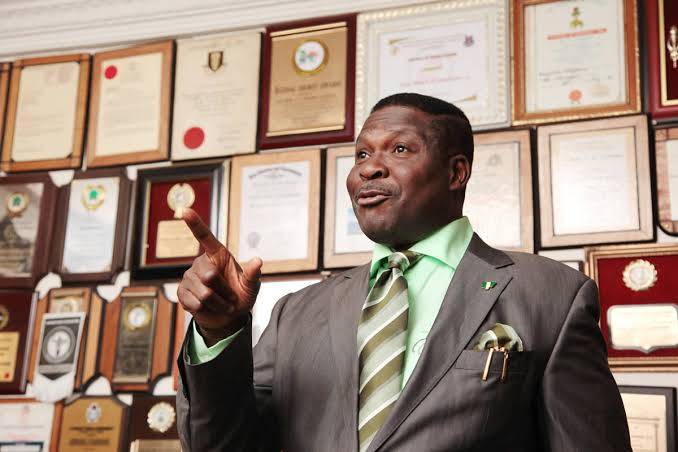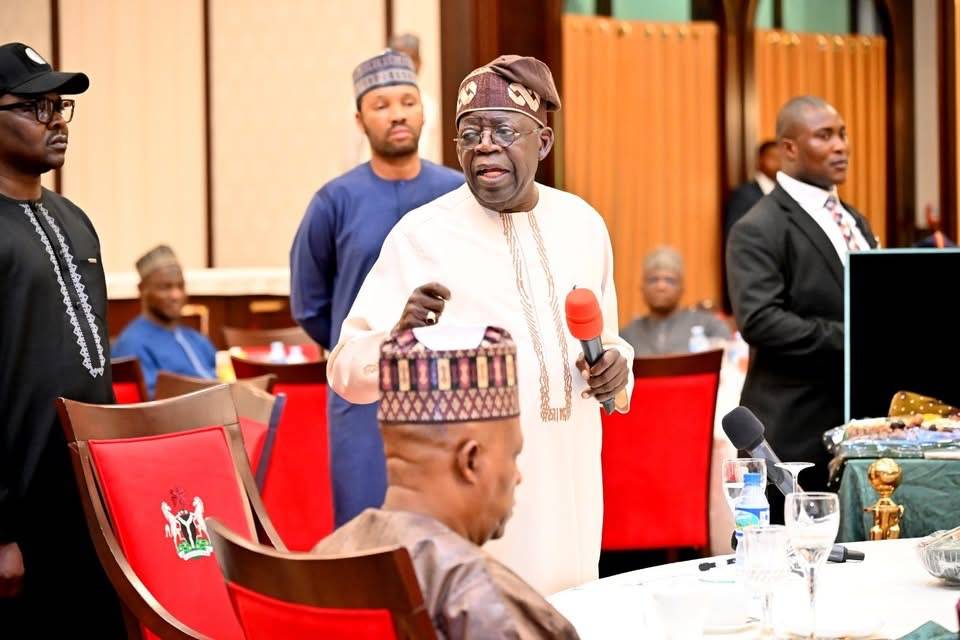THE President of the European Union, Charles Michel, correctly captured the relationship between humans and the planet Earth which is our home.
He said at the just-concluded United Nations General Assembly, UNGA, that we have been at war with nature, and it is time for the war to stop to enable us rehabilitate the Earth for the benefit of our future generations.
Since the Industrial Revolution which took place in the Western world, the quantum of greenhouse gases emitted has damaged the ozone layer and resulted in rising temperatures.
These have led to extreme weathers such as droughts, rapid desertification, massive flooding, famines and extreme winds.
The developed world, which is the chief culprit for the greenhouse abuse, has demonstrated capacity to quickly overcome these disasters. The same cannot be said for the developing countries in Africa, Latin America and parts of Asia. Response to the 2009 proposal that rich countries should cough out $100 billion annually to help mitigate the climate-related disasters in the Third World and increase the drive towards greener energy in line with the Paris Agreement on Climate Change, has been tepid.
But with the frequency and severity of extreme weather conditions experienced in America, Canada, Europe and many parts of Asia particularly this year, the developed countries appear more persuaded to work harder towards settling the $100 billion bill.
This much was evident in the urgency with which the climate agenda was given a central focus at the just-concluded 76th UNGA in New York City and the impending 26th United Nations Climate Change Conference, COP26, in Glasgow, the United Kingdom between October 31 and November 12, 2021.
Apart from the extreme weathers now knocking on their doors in form of flooding, wildfires, hurricanes, tornadoes and melting ice caps and ice bergs, the mass displacement of populations due to shrinking water bodies like Lake Chad, has triggered mass migrations to Europe, America and Canada from Africa, Asia and Latin America.
The rich countries now know it is in their national interest to invest in reforestation programmes in the Third World as a means of saving the Earth. These include recharging the Lake Chad to bring succour to over 20 million people and regrowing rain forests and mangrove zones devastated by mindless logging in Africa, Central and South America. More trees mean more carbon absorption.
In providing these funds, the industrialised countries must partner with governments in developing countries to deploy massively for these programmes. It will provide a lot of job opportunities, especially for the rural populace and minimise undue intercontinental migrations.
We agree with the EU President, Michel, that the effort to save the Earth in line with the Paris Agreement will take cooperation and transparency among the nations.
For the Earth to remain sustainably liveable, we must cooperate in ensuring her full rehabilitation.











